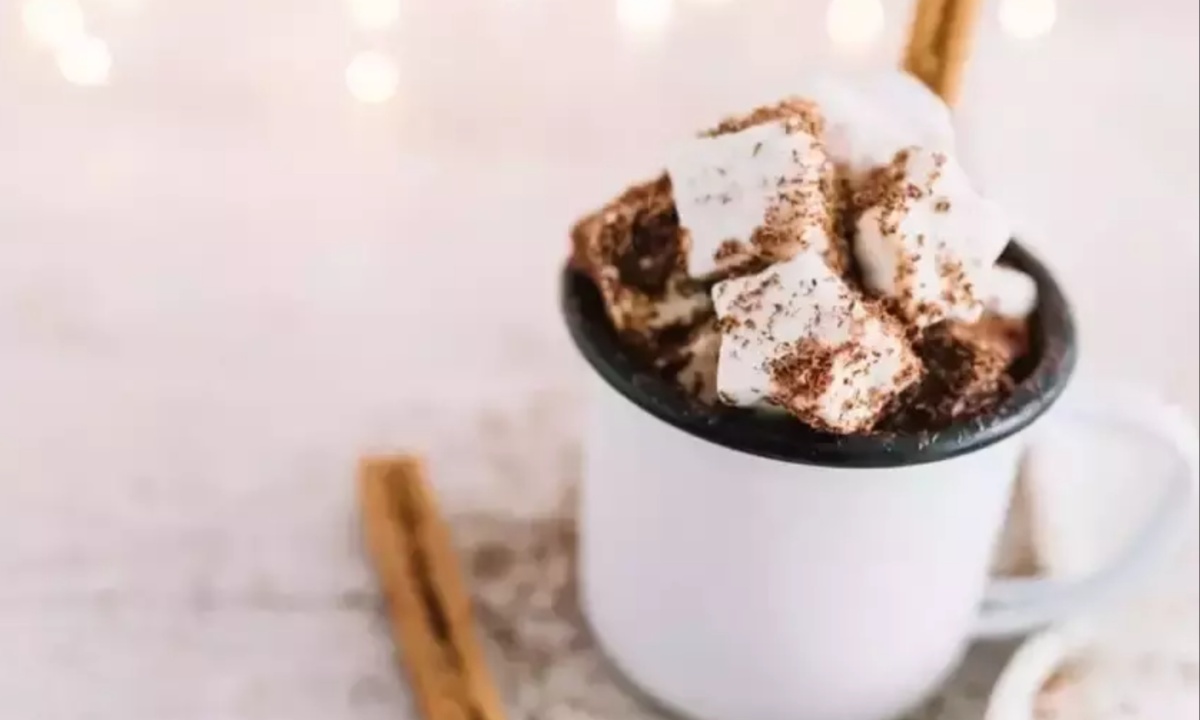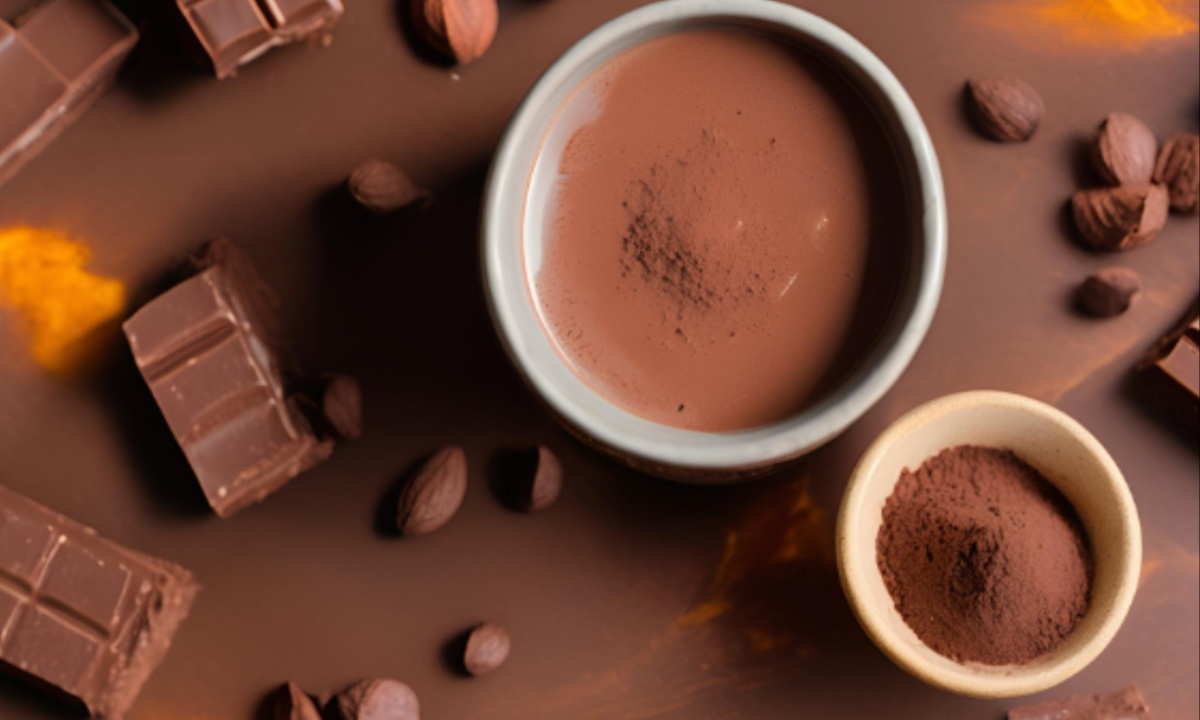Research has shown that consuming flavanol-rich cocoa can protect the vascular system from stress, even after eating high-fat meals. Stressful periods often lead to unhealthy dietary choices, such as high-fat foods, which impair vascular function and reduce oxygen delivery to the brain. Flavanols, natural compounds found in foods like cocoa and green tea, have been identified as effective in promoting cardiovascular health and countering the negative impacts of stress.
A study by the University of Birmingham demonstrated that drinking high-flavanol cocoa alongside a fatty meal could reduce the harmful effects of stress and high-fat food on vascular function. This research builds on earlier findings, revealing how flavanol-rich foods enhance vascular recovery during stress. The study’s findings were published in the journal *Food and Function*, further solidifying the role of flavanols in supporting heart health during challenging times.
The researchers designed an experiment involving young, healthy adults who consumed a high-fat breakfast paired with either high-flavanol or low-flavanol cocoa. Participants were then subjected to a mental stress test, and various physiological markers were monitored, including vascular function, blood flow, and oxygenation in the brain. A key measurement, Brachial Flow-mediated Dilatation (FMD), which predicts cardiovascular disease risk, showed a significant decline with low-flavanol cocoa but remained stable with the high-flavanol drink.

The study found that the high-flavanol cocoa prevented vascular decline following stress and fatty food consumption, with benefits lasting up to 90 minutes after the stress event. In contrast, low-flavanol cocoa caused a measurable reduction in vascular function. However, while flavanols were effective in maintaining cardiovascular health, they did not improve brain oxygenation or mood, suggesting that their primary benefits are related to the vascular system.
The findings suggest practical dietary changes to support vascular health, particularly during stress. High-flavanol foods like minimally processed cocoa, green and black tea, and berries can help individuals meet the recommended 400–600 mg/day flavanol intake. These foods provide accessible options for incorporating cardiovascular protection into daily routines, especially for those who experience frequent stress or rely on high-fat, convenience foods.
Modern lifestyles often involve significant stress, which affects health and well-being. The study highlights the value of small but meaningful changes, such as consuming flavanol-rich foods, to mitigate stress-related damage to the vascular system. For individuals who turn to high-fat treats during stressful times, including these healthier options could help offset some of the adverse effects, providing a simple yet effective strategy for better long-term health.
